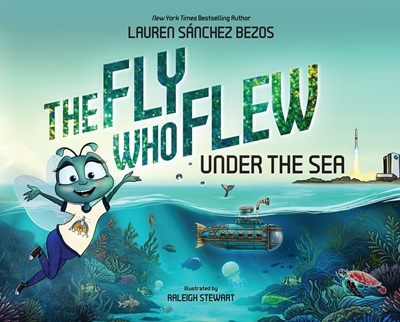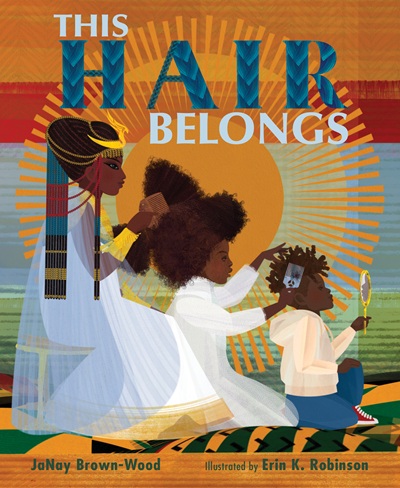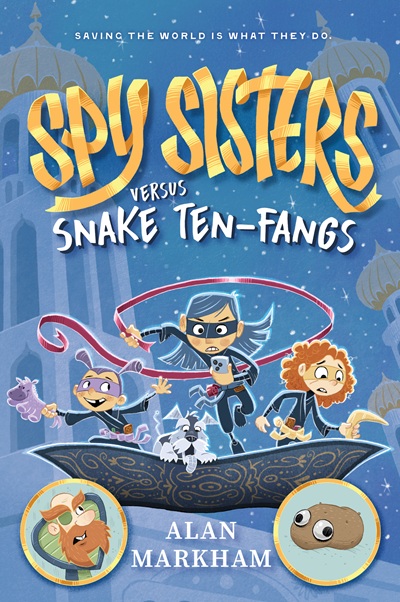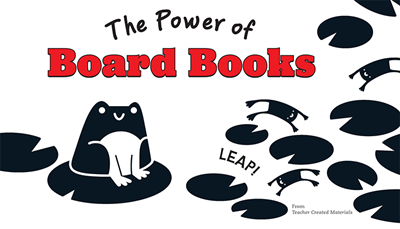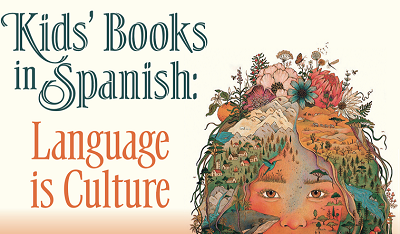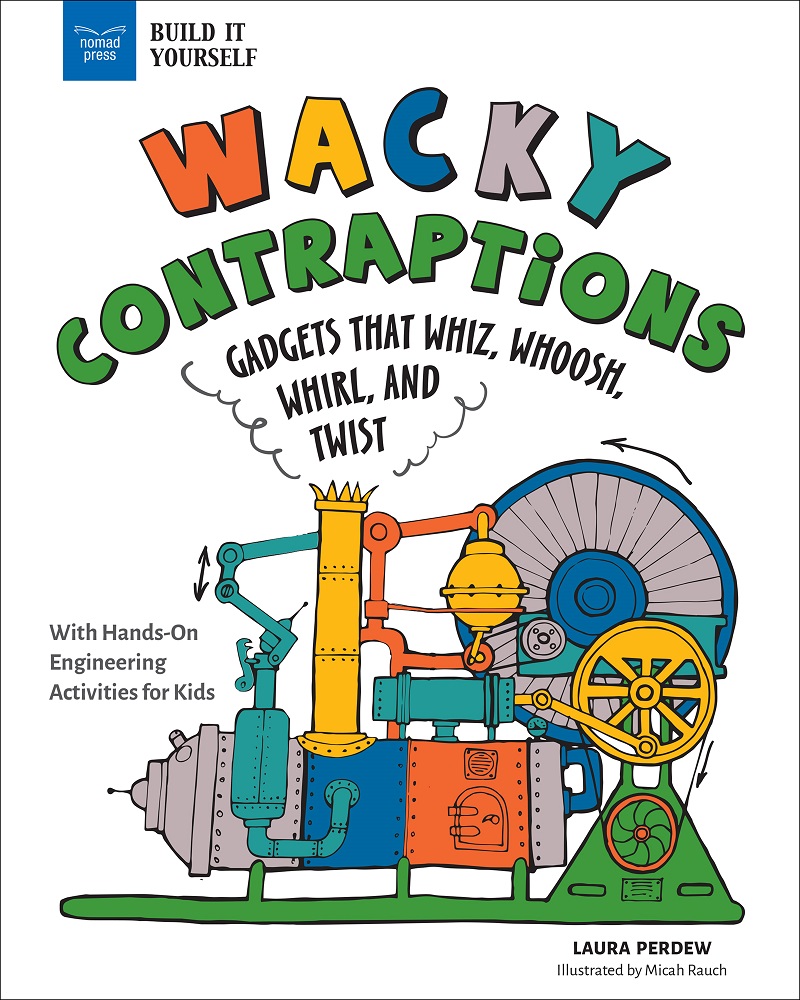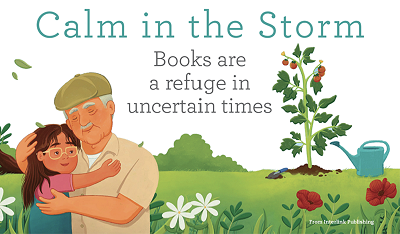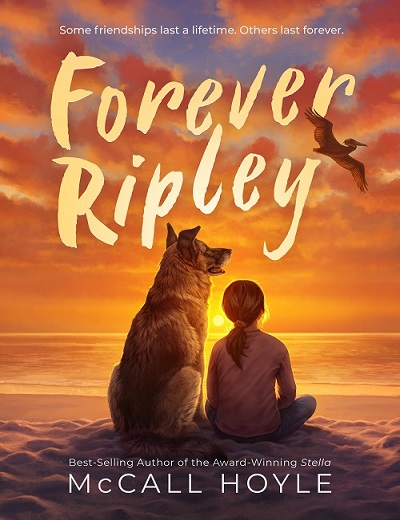Sponsored
Creativity is an increasingly important skill for students to learn in a world where machines can perform rote tasks and calculations—and for the fifth straight year, Crayola will be hosting free lessons and activities that foster student creativity during its annual Crayola Creativity Week.
Join Flynn the fly on an unforgettable adventure under the sea!
“It's important to us that our books have staying power. We want to publish books that resonate today and that will be resonant twenty years from now,” says Associate Publisher Susan Dobinick of Astra Books for Young Readers. Two such titles are Astra’s new books celebrating Black history.
Author Alan Markham’s extensive credentials coalesce in his debut novel, Spy Sisters Versus Snake Ten-Fangs. The new middle grade series from Shadow Mountain Publishing follows three sisters, ages 6–13, as they take on the notorious Snake Ten-Fangs in a mission packed with high-stakes action, humor, and covert vocabulary and SEL lessons.
Board books are benefiting from the surge in early childhood learning programs and literacy campaigns, with a 38% increase in sales from 2020 to 2024, according to Global Growth Insights. “Parents, educators, and publishers are increasingly investing in children’s illustration books due to their ability to enhance cognitive development and visual literacy.”
Because language is inextricably linked to culture, every original Spanish-language book published makes Latinx culture more accessible to young readers. And many publishers select titles with specific Latinx-related content to amplify that benefit. Read on for a diverse array of new titles to help round out and enrich the cultural relevance of your Spanish-language collection this fall.
Everywhere we go—home, school, the grocery store, downtown, parks, playgrounds—we witness the products of engineering. From the roads we build to the skyscrapers we design to the can opener in the kitchen drawer, engineering is in use all around us.
Teachers and students are returning to school this fall amid a lot of uncertainty. But integrating books into the formal curriculum, and making books available for independent reading and enrichment, continues to be fundamental in helping schools achieve their learning and literacy goals.
Some friendships last a lifetime. Others last forever. Award-winning author McCall Hoyle affirms the powerful and enduring relationship between dogs and humans in this heartwarming middle grade novel.
ALREADY A SUBSCRIBER? LOG IN
We are currently offering this content for free. Sign up now to activate your personal profile, where you can save articles for future viewing

